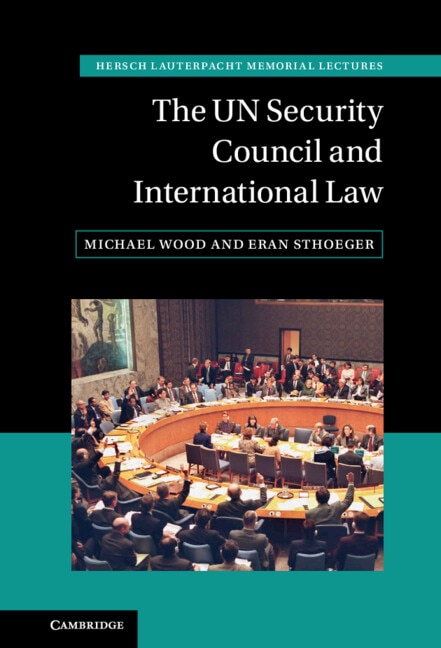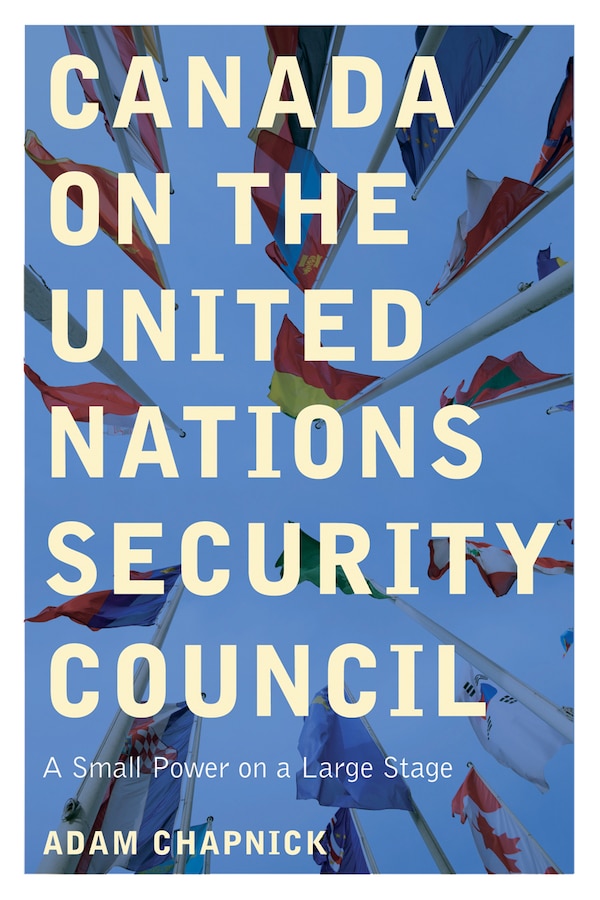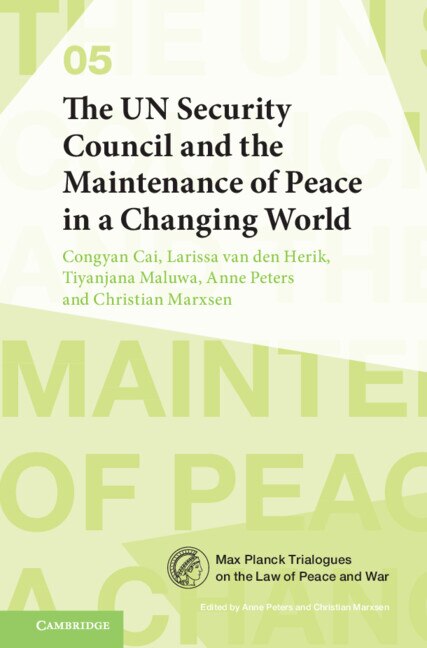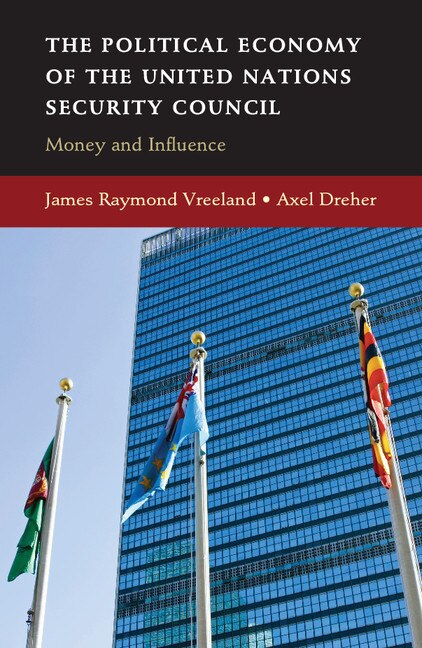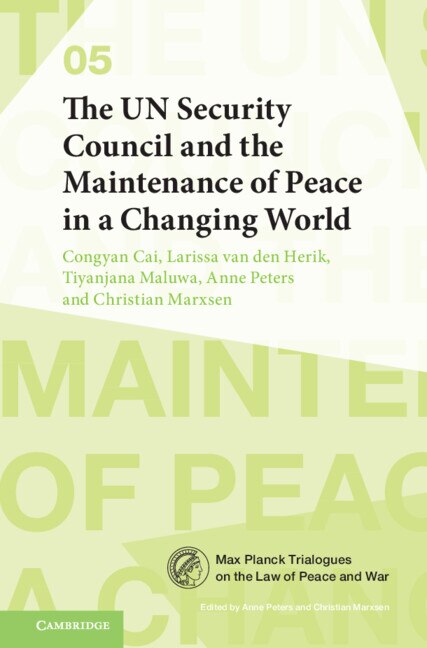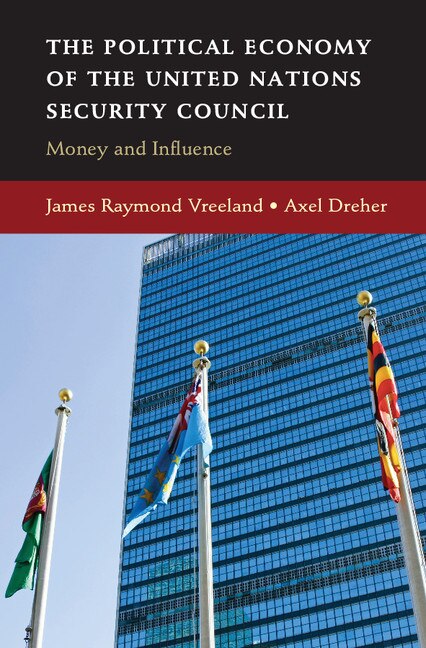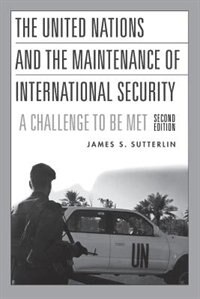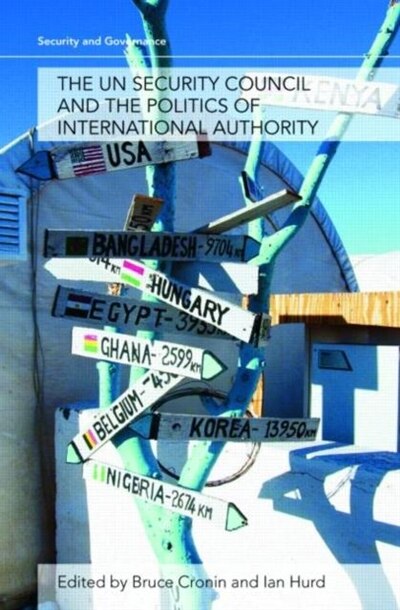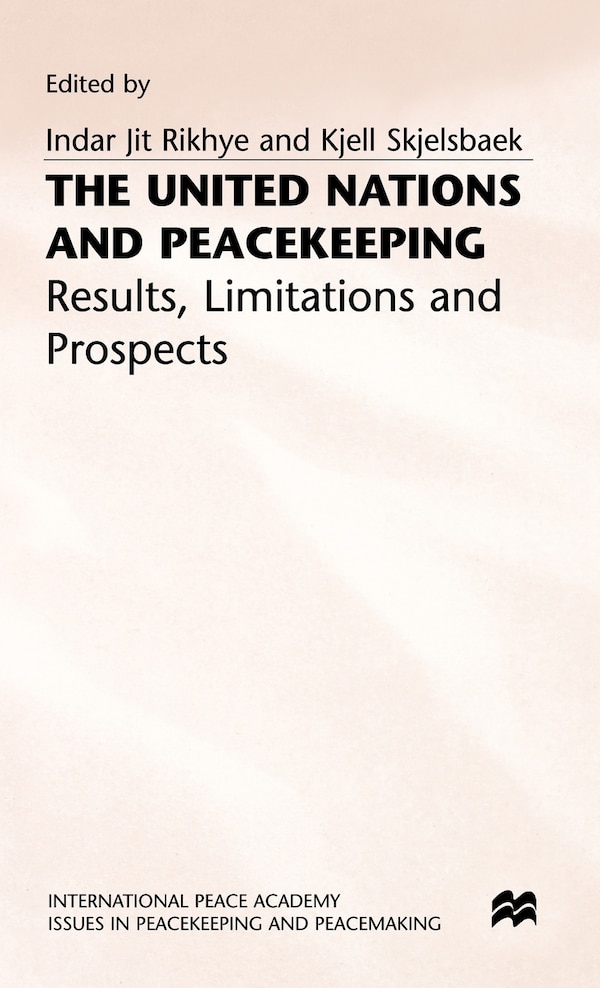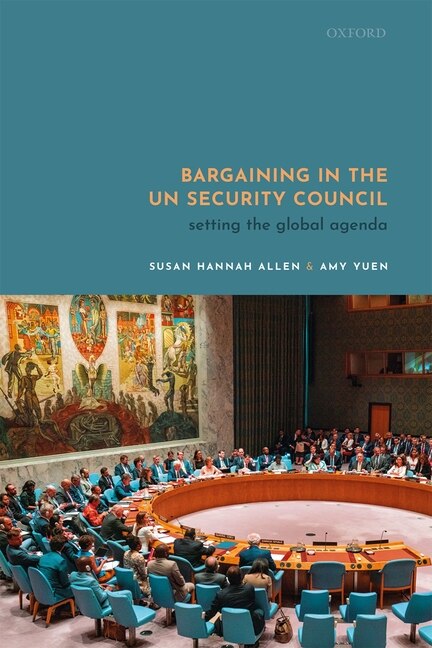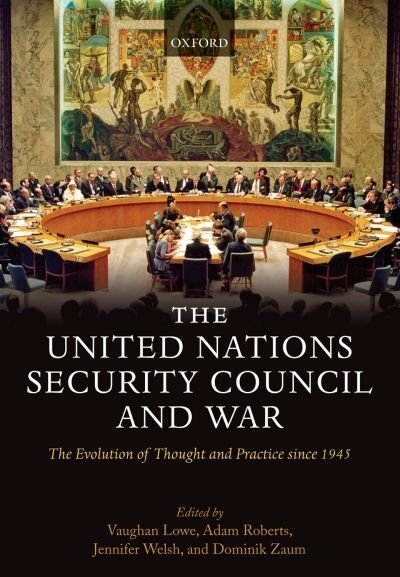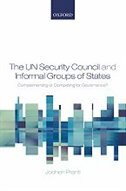
Compare The Un Security Council And Informal Groups Of States by Jochen Prantl, Hardcover | Indigo Chapters
Jochen Prantl
$103.95
This book provides the first comparative treatment of the roles of informal ad hoc groupings of states within selected conflict settings and their effects on governance in and out of the UN Security Council. Since the 1990s, informal institutions such as groups of friends, and contact or core groups have proliferated as instruments for the management of risk and conflict due to the increasing demands on the UN Security Council to adapt to the new post-cold war security environment. The perception ofboth the capacity and limits of the Security Council has had a catalytic effect on the creation of these ad hoc mechanisms. The substance of conflict resolution and the process of its legitimation tend to become increasingly detached, with the former being delegated to informal groups or coalitionof states, while the Security Council provides the latter. The successful merger of right process and substantive outcome may strengthen the legitimacy of the Council and make actions taken by informal institutions more acceptable. This book seeks to establish the importance of informal ad hoc groupings of states in the making of peace. The dynamics between informal institutions and the Security Council are closely examined in the context of conflict resolution in Namibia, El Salvador, and Kosovo. The study illustrates thechanging role of the Council in the maintenance of international peace and security. The decentralization of tasks to informal groups allows the achievement of policy goals that would be unattainable in the centralized setting of formal international organizations. In effect, informal institutionsare agents of incremental change. | The Un Security Council And Informal Groups Of States by Jochen Prantl, Hardcover | Indigo Chapters



